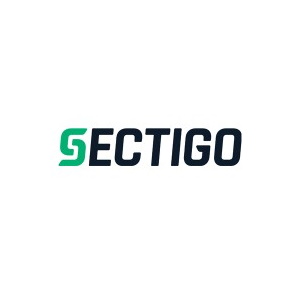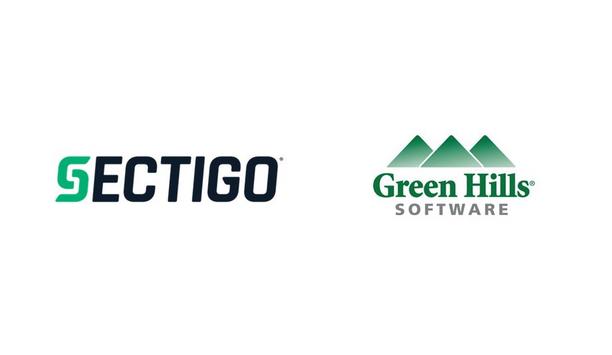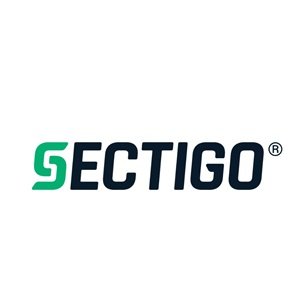Alan Grau

Alan Grau
VP of IoT/Embedded software, SectigoAlan Grau is the VP of IoT/Embedded software of Sectigo. Currently Alan Grau is also the Advisor at Definitive Data Security, Inc.
News mentions
Sectigo®, a provider of automated digital identity management and web security solutions, releases multiple advancements to the company’s award-winning IoT Security & Identity Management...
Sectigo®, a provider of automated digital identity management, embedded security, and web security solutions, and Green Hills Software, the pioneer in high-assurance operating systems, have announ...
Sectigo, a renowned provider of automated digital identity management and web security solutions, has partnered with ReFirm Labs to help device original equipment manufacturers (OEMs) ensure security...
Sectigo, a provider of automated digital identity management and web security solutions, announced a video series on Sectigo’s YouTube Channel. The IoT video series offers security engineers, de...
Sectigo, a provider of automated digital identity management and web security solutions, announces a partnership with Infineon Technologies AG to provide automated certificate provisioning for Infineo...








































